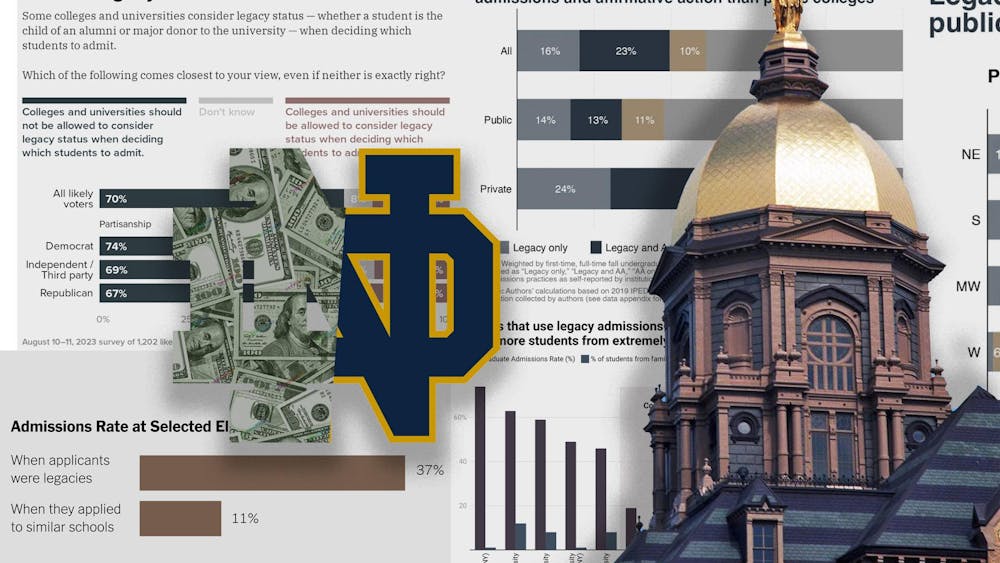To refer to the American Founding as “fundamentally an Enlightenment project,” as has been written in this section, is to miss the vast wealth of classical wisdom that our Founders drew upon, and the inspiration it provided for our country’s birth. The belief that the Founding was monolithically inspired by John Locke’s classical liberalism is a myth. Beneath the surface of modern liberal language lies the reliance of Jefferson, Adams, Hamilton, Madison and their compatriots, on deeper, older sources dating back to Ancient Greece and Rome. To notice this truth means resisting reducing the American Constitution to an Enlightenment artifact, and ultimately even resisting such sharp distinctions between classical political and modern liberal philosophies. No less than John Adams declared that his Whig principles were the “principles of Aristotle and Plato, of Livy and Cicero,” as well as of “Sidney, Harrington and Locke.” Our founders had a rich understanding of the lives and thought of classical figures, and discovered in them something profound, offering a healthier and fuller vision of politics than John Locke alone could give them.Among the many historians, philosophers and poets of antiquity, few were given such special affinity by the Founders as Marcus Tullius Cicero. The Roman lawyer, orator, statesman and philosopher was a staple of the deeply classical education that our nation’s first leaders were immersed in, from grammar school to the university level. John Adams wrote of Cicero, that “as all the ages of the world have not produced a greater statesman and philosopher united in the same character, his authority should have great weight.” Cicero’s statesmanship as consul of the Roman republic provided a brilliant historical model for the Founders to imitate, blending consistent principles with a highly practical politics, and his systematic writings offered deep insights into public affairs, republicanism and natural law (well over a millennium before the Enlightenment).Thomas Jefferson denied accusations that he took direct inspiration, or plagiarized, from Locke for the Declaration of Independence. Instead, he argued, the Declaration was “neither aiming at originality of principle or sentiment, nor yet copied from any particular and previous writing,” and that it rested on the authority of Cicero and Aristotle as well as that of Locke. This is most evidently seen by Jefferson’s altering of Locke’s natural rights formulation of “life, liberty and property” into the famous American creed “life, liberty and the pursuit of happiness,” which sounds a good bit like the classical notion of “eudaimonia,” or human happiness and flourishing.Later on, John Adams’ work A “Defence of the Constitutions” drew heavily on Cicero’s mixed government theory, which integrates elements of the three classical Aristotelian archetypes of government — rule by one, the few or the many — to prevent each unalloyed form from easily descending into its perverted form: tyranny, oligarchy or mob rule. This was picked up by the modern American and British constitutions, which — loosely — incorporate a “royal” element (the President or Prime Minister) for efficiency; a slower, deliberative and distinguished body (the Senate or the House of Lords); and an elected body representative of the people (the House of Representatives or Commons). Cicero’s theory was taken up soon after by Alexander Hamilton and James Madison, the two great forces behind the Constitutional Convention, the U.S. Constitution it produced, and the ratification of the Constitution by the states. Hamilton’s notes for his famed five-hour (only) speech to the Convention cite Cicero as well as Aristotle and Montesquieu in favor of the Constitution’s proposed mixed government theory, and Madison’s notes while drafting the Federalist Papers cite Cicero in addition to Aristotle and Polybius.Hamilton seems to have been an especially keen student of Cicero. He understood Cicero’s vision of statesmanship as man’s highest calling, for it is the statesman who takes the otherwise sterile philosophy of the academy, and puts it into practical use, ordering society for the common good. Hamilton, like Cicero, was no mere theorizer, but a public administrator engaged in advocacy for particulars, from the ratification of the Constitution to the National Bank. When he helped President Washington put down the Pennsylvania Whiskey Rebellion in 1791, his public letters on the matter even used the pseudonym “Tully,” Marcus Tullius Cicero’s affectionate diminutive. Elsewhere, Hamilton often compared his political opponents, Jefferson and Aaron Burr, to Julius Caesar and Catiline, the two great nemeses of Cicero who fomented revolution to overthrow the republic.Seeing himself, then, as an American Cicero, Hamilton stressed the need for strong action against such onslaughts; he subsequently gave us the vision of the presidency as the energetic executive. In Federalist 70, he writes: “A feeble executive implies feeble execution of the government. A feeble execution is but another phrase for a bad execution; and a government ill-executed, whatever it may be in theory, must be, in practice, a bad government.” While adding modern innovations in political science such as the separation of powers and a system of federalism, Hamilton based his foundation of republican government on Cicero’s as that strong, representative government which is most conducive to liberty and resistant to tyranny.There is more to the American Founding than Enlightenment models and ideals. John Locke had much to offer, but his atomistic individualism could only take the Founders so far. To the extent that Lockean language is present, the Founders may have used it merely to package much deeper ideas, as it was the language in circulation at the time. It’s just the tip of the iceberg. Many competing and interwoven traditions and visions of human flourishing influenced the philosophy of the American Constitutional architects, and the classics provided a now-tragically undervalued inspiration for many. To be deep in American history is to cease to view this project as a solely Enlightenment phenomenon.
John Paul Ferguson
senior
oct. 27









